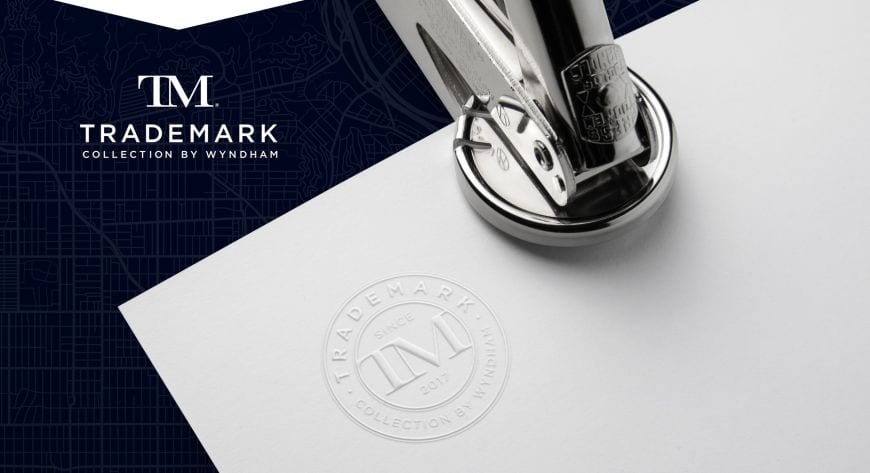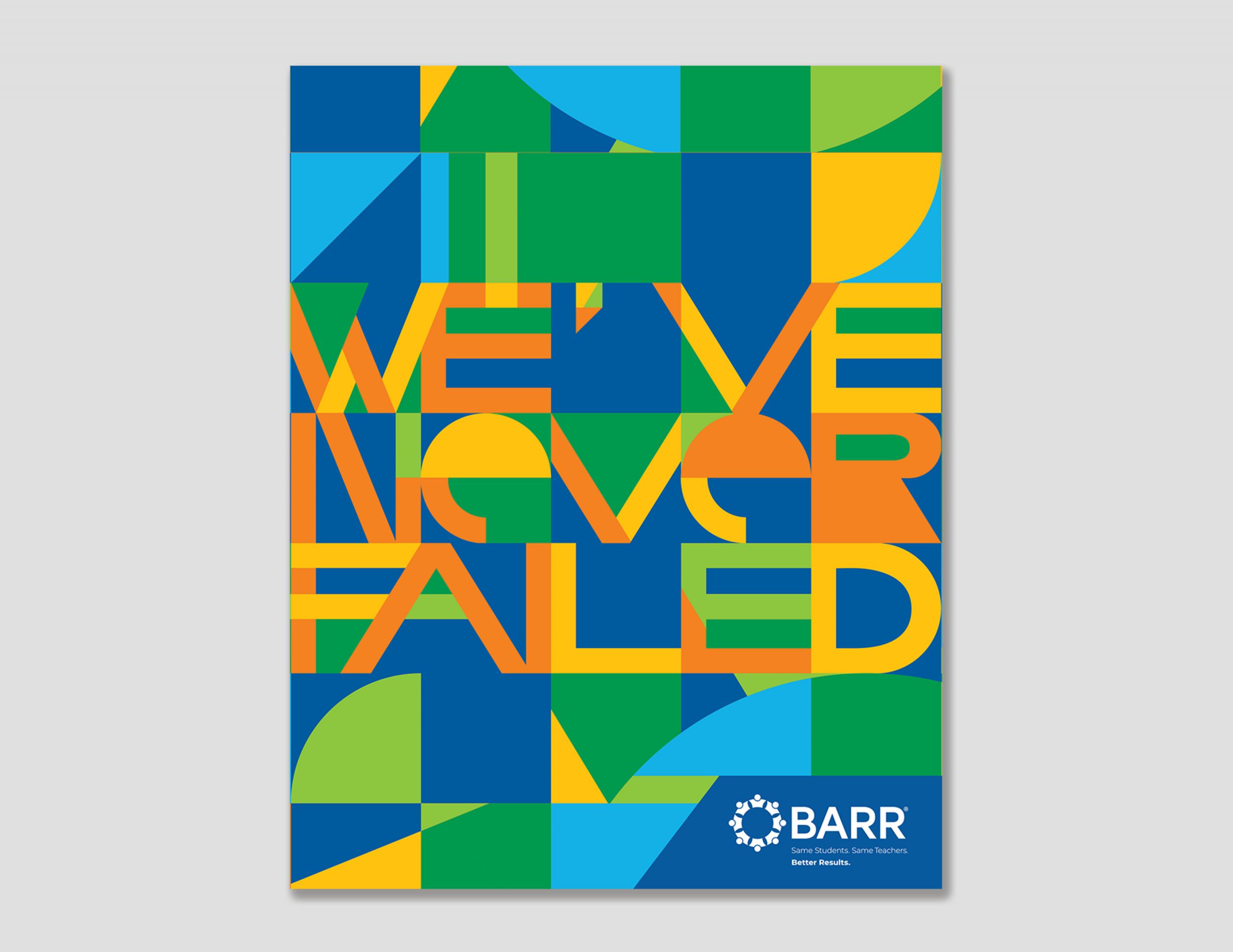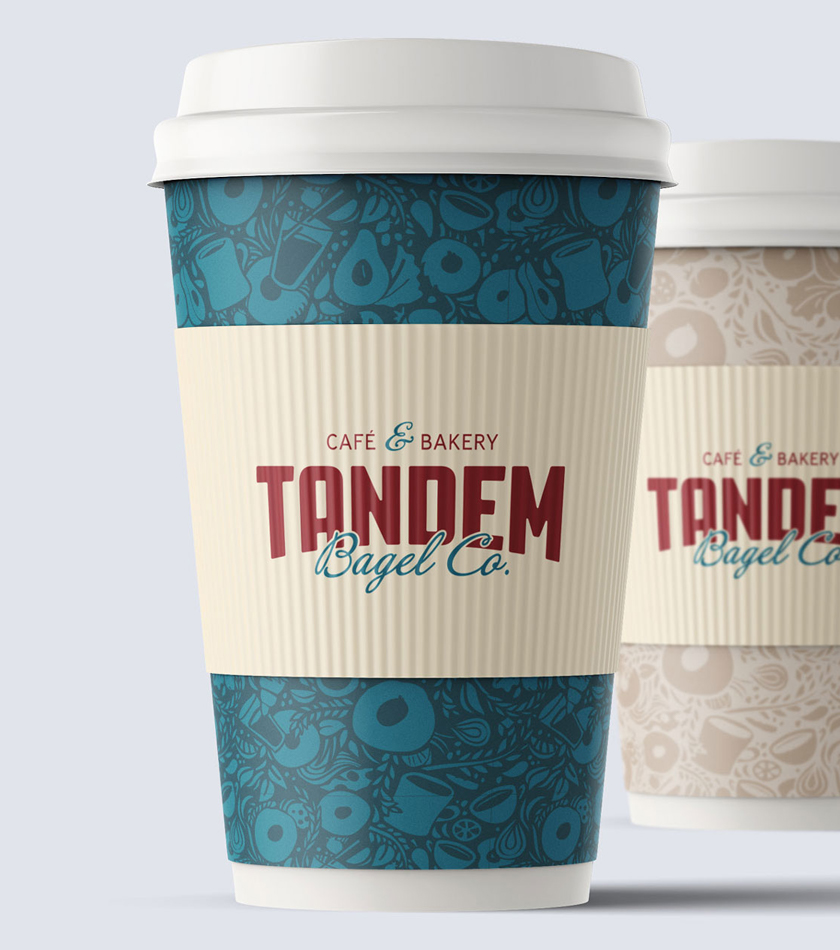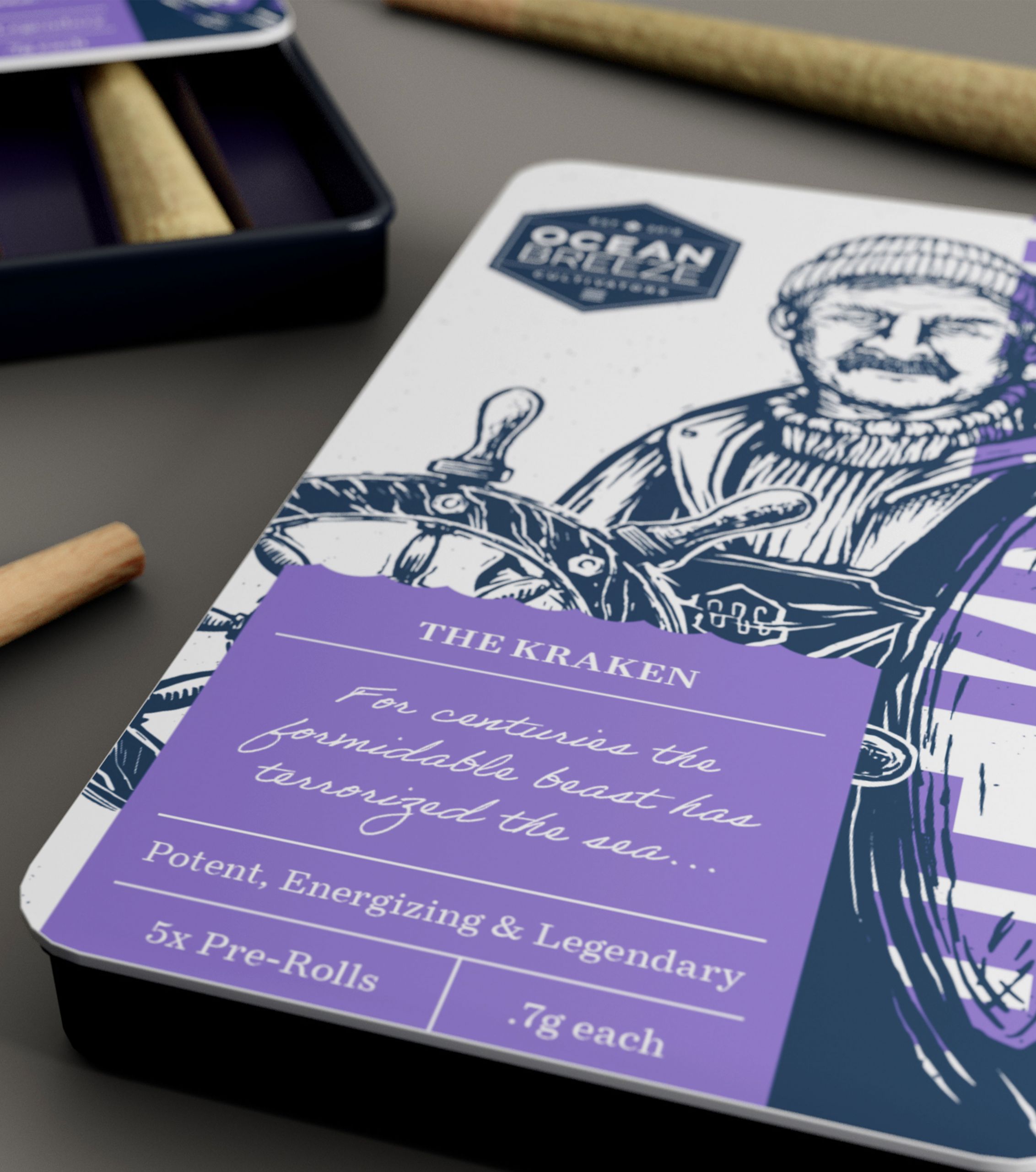The allure of soft branding in the age of Covid.

It’s very clear to anyone working in or around the hotel industry that COVID-19 is delivering a major blow. And while 2020 saw the biggest losses, a recent Bloomberg article highlights that the struggle has continued into Q1 of 2021. Citing hospitality data from STR, the article states that in Europe, occupancy rates dropped to below 30% in March. In the U.S., according to M3 (a firm that provides accounting services to hotels across the U.S.), domestic occupancy figures declined by half.
And yet, even in the midst of this global recession, new hotels (many of which have been in the works for years) continue to open. Particularly attractive to new and seasoned hoteliers in the age of COVID — are soft-branded hotels.
But before we get into the reasons for that, let’s take a quick look at the different models of hotel ownership.
Hotel ownership models
There are a few different pathways into the world of hotel ownership. On one end of the spectrum you have the big umbrella companies, or, chains. For example, this is where you’ll find Wyndham Hotels & Resorts, Marriott International, Hyatt Hotels, Best Western Hotels & Resorts, and Choice Hotels International. Hoteliers who own property under one of these umbrella organizations enjoy the support, scale, and marketing dollars that these larger corporations offer. But the benefits come at the price of having to fall in step with the brand standards.
The other end of the hotel ownership spectrum is complete independence. Here, you find unique, stand-alone hotels like the Post Ranch Inn in Big Sur, the Ludlow in NYC, and the Hotel San Jose in Austin. This setup is exactly as it sounds — with the hotelier owning a property that stands alone. Obviously, these owners can do whatever they want with their decor, branding, marketing, and the like, but lack the overarching support that an umbrella company offers.
If you look back in time at the hotel industry of the ‘90s, you will see that nearly two-thirds of hotels in the U.S. were independently owned and operated. In 2019, that number was down to less than 40%. Why the dramatic shift? Because they’ve been losing ground to chains and competitors on AirBnB and other home rental options.
Finally, there’s a middle stop on the hotel ownership spectrum, which is the soft brand. If you’re new to the term, a soft brand is an independent hotel that joins a chain while maintaining a strong sense of individuality and independence. Many times, the name of the umbrella brand is added as a sign off to the soft branded hotel’s name — like Trademark Collection by Wyndham and Tapestry Collection hotels by Hilton.
This demonstrates to a consumer that while they’re staying in a hotel that feels “unique, boutique, or historic,” they can still trust that their experience will be backed by the bigger company. For hotel owners or managers, it’s appealing because they’re able to maintain their unique identity and personal touch, while gaining the support, resources, and security provided by a larger chain.
Soft branding in action: Trademark Collection by Wyndham
As part of our multi-year partnership with Wyndham Hotels & Resorts, we developed a distinctive identity for Trademark Collection, a soft-branding portfolio of independent upper-midscale hotels.
The branding challenge with a soft brand is that you’re not only uniting all of the hotels in that system under one banner, but you’re also considering the umbrella brand simultaneously. For example, the Trademark Collection has 101 locations across the country, all with their own unique look and feel. So our goal was to create a system that unified all locations under the Trademark Collection brand, while allowing franchisees to express the unique personality of their properties.


In this case, we used elegant lifestyle photography, map textures, and instant photo-frame elements to emphasize special moments: in time, place, and memory. The brand seal evokes the stamp on a passport, and connects to the spirit and individuality of travel in general — and the Trademark Collection in particular.
Uniting these hotels under the “by Wyndham” banner helps to connect them to the Wyndham Hotels & Resorts brand in the hearts and minds of consumers.
Why owners choose the soft brand
For some independent hoteliers, the benefits of giving over some amount of freedom are outweighed by the support, scale, and marketing dollars that these larger corporations offer.
Specifically, that support may include:
- A rewards program — great for guests, which means more repeat business to your hotel
- Branding, marketing, and sales support — your hotel is associated with a trusted chain of hotels, and is included in annual spending
- Streamlined management and operations support — a larger team is working to ensure your hotel is operating efficiently
- Up-to-date technology — the scale of a larger corporation allows for less expensive upgrades
Another critical resource that hotel owners have been seeking since the start of the pandemic, is financial assistance and flexibility around brand standards. As travel halted across the globe, and many hotels were forced to close their doors with no end in sight, owners looked to their umbrella companies for relief and support — and the companies stepped up.
Wyndham Hotels & Resorts offered their owners fee reductions or removals, flexibility around brand requirements, deferral of brand standards (except for health and safety) for a period of time, and suspension of finance charges. Marriot temporarily deferred most brand standards to help owners and franchisees, including delaying renovations due in 2020 by one year, deferring required furniture, fixtures and equipment funding and suspending brand standard audits. Almost every umbrella brand came forward with a plan to help their owners. This assistance and flexibility became a lifeline for hoteliers around the world.
The future of soft brands
Because of the years-long recovery facing the travel industry due to the COVID-19 pandemic, independent hoteliers are looking at soft branding as a more secure option for moving forward. Additionally, given the current environment and flexibility being offered around brand standards and fees, now may be the best time in history to get into this model of hotel ownership.


